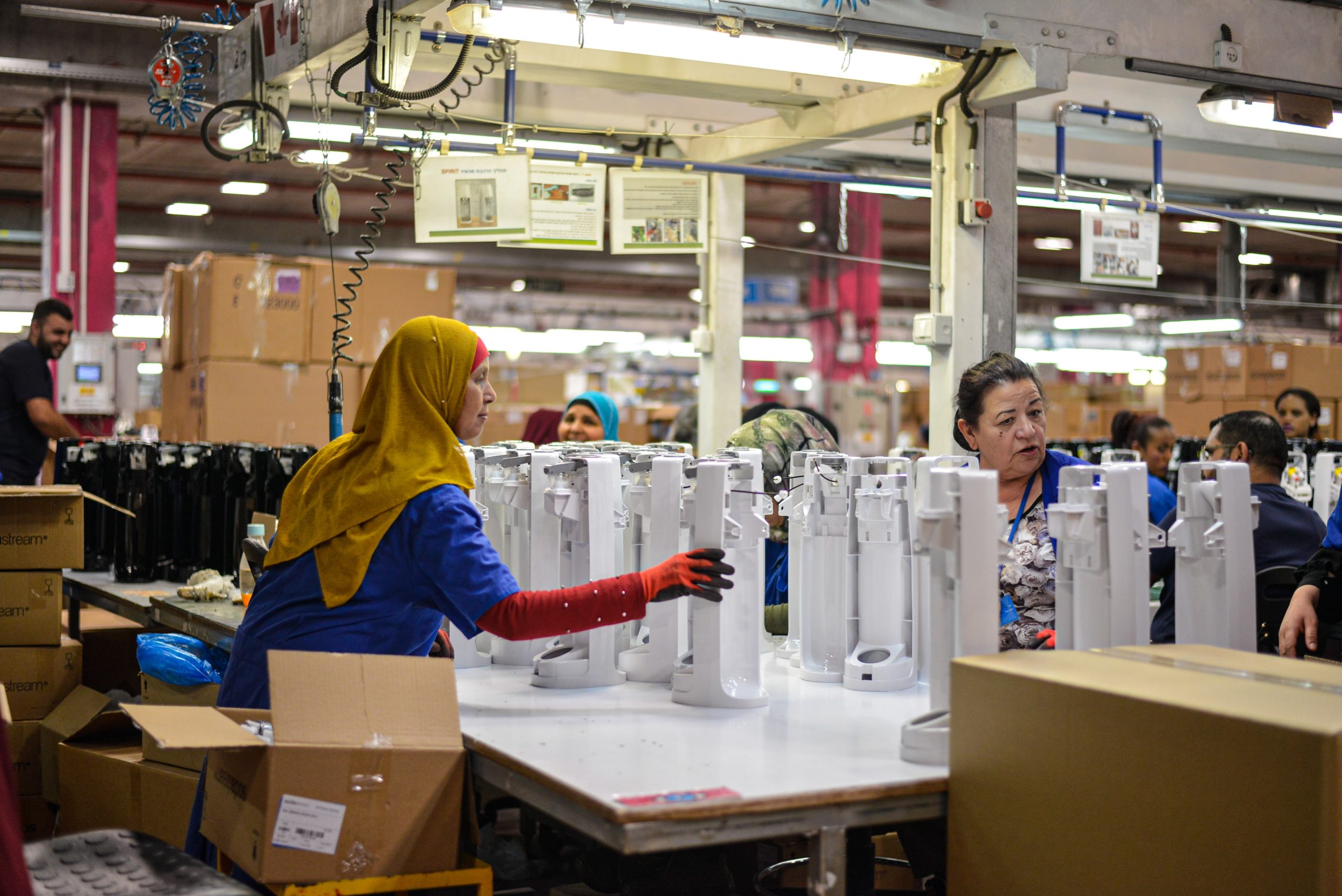2018 Business and Peace research from the Institute for Economics and Peace (IEP) finds that economic performance and peace are often mutually reinforcing, and better economic performance assists peacebuilding and vice-versa. Together, they can form a virtuous cycle.
Economic growth and development are fundamental elements for peace and security, but it will take practical changes within businesses, as well as the multilateral system, to strengthen fragile societies in the long term.
According to IEP, Gross Domestic Product (GDP) has been three times higher in highly peaceful countries than in countries with low levels of peace, while low peace countries that are making significant improvements in Positive Peace can expect to have the strongest economic returns.

There are straightforward and practical ways business owners can strengthen sustainable and inclusive development in fragile and conflict-affected environments, according to Dr Christina Bache from the United Nations Principles for Responsible Management Education, Working Group on Business for Peace. At the Harnessing the Economy for Peace event, hosted by the Geneva Peacebuilding Platform, Dr Bache said that businesses can be a positive force for societal transformation and encourage sustainable peace by adopting inclusive practices and policies. Businesses can adopt flexible working hours, remote working options, work-life balance schemes, on-site childcare facilities, paid parental leave schemes, she said.
The year 2020 marks the 20th anniversary of the United Nations Women, Peace and Security resolution, an agenda that recognises the importance of women’s leadership to achieve international peace. Bache said there is a lot of data to show the importance of women in peacebuilding now, “we see that women’s economic inclusion – it’s central to realising women’s rights, gender equality and the meaningful participation in peace and transition processes – which we know increases the durability and quality of peace.”
Businesses can also become positive agents for change by improving their environmental, social and governance (ESG) impact. Roberta Ventura, from SEP, says that investors are increasingly expecting details about the impact businesses are making.
Ventura said she believes that the key requirements to achieve peace are prosperity, employment and opportunities. She described her own social enterprise — SEP — an ethical fashion accessories company based in Jordan as a business that’s on a mission to bring thousands of people above the poverty line by employing refugees from the local camps. “Our role as a social enterprise is to demonstrate that a business with these kinds of priorities, such as ours can thrive, and hopefully we can attract others to follow in our steps,” said Ventura.

The public and private sectors can work together to develop these types of sustainable solutions that lead economic self-reliance, but the two areas work on separate tracks. Ventura said she’d like to see a convergence of the two areas, so that NGOs with profitable prospects could be monetised and learn about business management, while businesses that care about measuring their social and environmental impact could be trained in thinking like an NGO and measure their impact.
On a broader and more macro level, the World Trade Organisation offers a pathway to peace through the multilateral system. The Trade for Peace initiative, launched in December 2017, uses the WTO accession process as an opportunity for economic growth and development.
Maria Perez-Esteve, from the World Trade Organisation said that accession becomes a rebranding exercise for fragile states and sends a powerful message to the international community that shows a willingness to be a part of the international community.
“WTO accession is an institution building process, and it’s based on the principles of non-discrimination predictability transparency and the rule of law. It emphasises the precedence of necessary policy, legal frameworks, and practices, which are all required to create a conducive business environment, to attract foreign investment and just set the conditions to move out of a state of fragility and conflict into a state of stability and economic wellbeing,” said Perez-Esteve.
Harnessing the Economy for Peace, was hosted by the Geneva Peacebuilding Platform in the lead-up to Geneva Peace Week 2020 to address the rapid transformation taking place in in geo-politics and the global economy and ask if and how corporations should step up their game to ensure for-profit investments also play a bigger role in generating social benefits and inclusive economic growth. The Institute for Economics and Peace was pleased to take part in the event and host the Trade for Peace: Pathways from Aid to Trade to Employment briefing discussion.